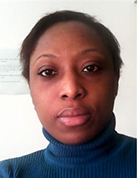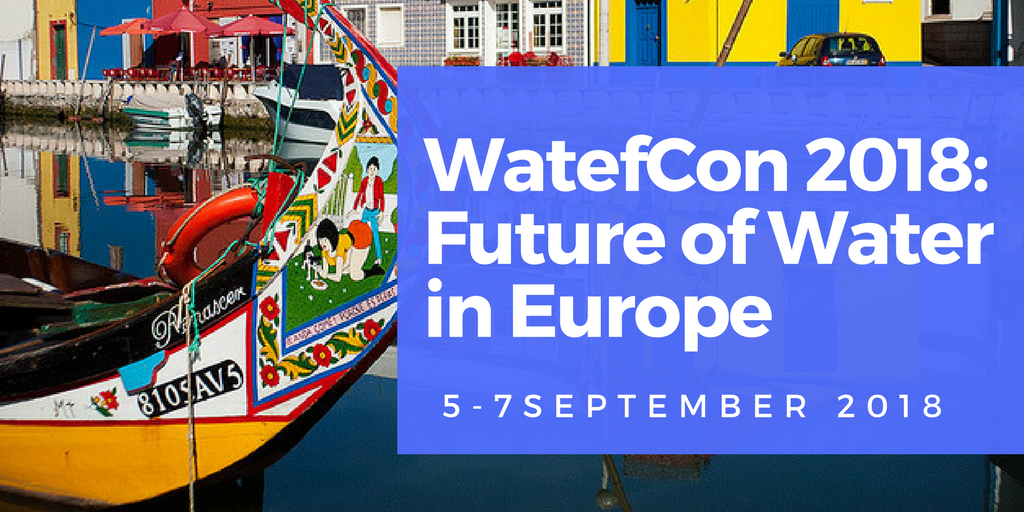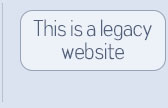
WatefCon18: Doing the reverse Brexit into Europe and beyond
Posted on: September 2018Kemi Adeyeye
The Watef Conference: Doing the reverse Brexit into Europe and beyond
 About the author: Dr Kemi Adeyeye is the Water Efficiency Network Lead and Senior Lecturer at the Department for Architecture and Civil Engineering at the University of Bath |
|
 The pinewood boats common in Aveiro are known as… (Read on for the answer) |
Okay. Apologies for the ‘B’ word. I guess most people have had enough already by now. However, it is within this context that the Water Efficiency network takes to Europe, Portugal in fact, as we continue to maintain ‘strong and stable’ links with our European neighbours and partners.
All views aside, water is not just a vital natural resource that helps to maintain our health and wellbeing, and sustain ecosystems. If we do not care about the soft, mushy stuff, as I am periodically informed, we need to ‘forge ever closer ties’ to maintain our collective productivity, economic growth, sustenance and resilience. The 2018 Global Outlook for the Water Industry estimated the global water market would reach $ 695.9 billion in 2018. Further, according to the EC, Europe continues to be world leaders in the water sector with about 9,000 SMEs and about 500,000 full-time jobs; figures exclude sectors like fisheries, agriculture, and manufacturing.
Water remains geographically specific, but there are also collective and transboundary issues that affect all of us in Europe. Shared challenges include: natural water resources are vulnerable to pollutants and hydro-meteorological factors; water infrastructure and asset management risks still exist; public knowledge and awareness of water and the water sector could be improved; water use efficiency could be improved; better circularity in the water sector is required; and there is scope for better policy integration and joined up approach to delivering water innovation.
On these issues, we are ‘all in it together’ - still. The UK has made significant strides in promoting good practice in water abstraction, supply, use and treatment.(1) ‘Good deal, no deal or any deal’ scenario, we need to continue to ‘hold constructive talks’ with our neighbours to learn and share good practice about water reuse/recycling policy, infrastructure and technologies e.g. with Germany, smart information systems e.g. with Spain, water resilience through blue/green infrastructure e.g. the Netherlands, and I am sure readers can mention many more…
So we are in Aveiro from 5 – 7 September, 2018 to showcase EU and international studies on many of the water challenges that we all share. The pinewood boats common in Aveiro are known as Moliceiros by the way. Aveiro is also known for its flamboyant Art Nouveau architecture and network of canals, hence the nickname: “The Portuguese Veniceâ€. I digress…
This year’s programs also includes our technical committees showcase and two interesting Industry Sessions [Conference program]. All industry sessions are free to attend and delegates can register free [Industry Session 1; Industry Session 2]. The first session will be on Water efficiency labelling with a talk by Engr Lemos from the DG ENVI, European Commission. To explore water-energy infrastructure solutions, we are collaborating with the EU Interreg REDAWN project for the second session on micro hydro energy recovery and system control towards smart water grids. We are privileged to have leading experts from Europe presenting during this session too. The second session will be streamed live on YouTube at: http://bit.ly/REDAWNLive from 10:00 – 12:00 (local time). A full report and other conference outputs from the conference will be published on the Watef network website.
So irrespective of the new ‘package of measures’ that emerge from Brexit, we look forward to meeting old friends and new in Aveiro, to show that we are still ‘open for business’ as we negotiate our new relationship with Europe.
Notes:
1. EurEau (2017), Europe’s water in figures. An overview of the European drinking water and waste water sectors, 2017 edition. Online at: https://www.danva.dk/media/3645/eureau_water_in_figures.pdf



